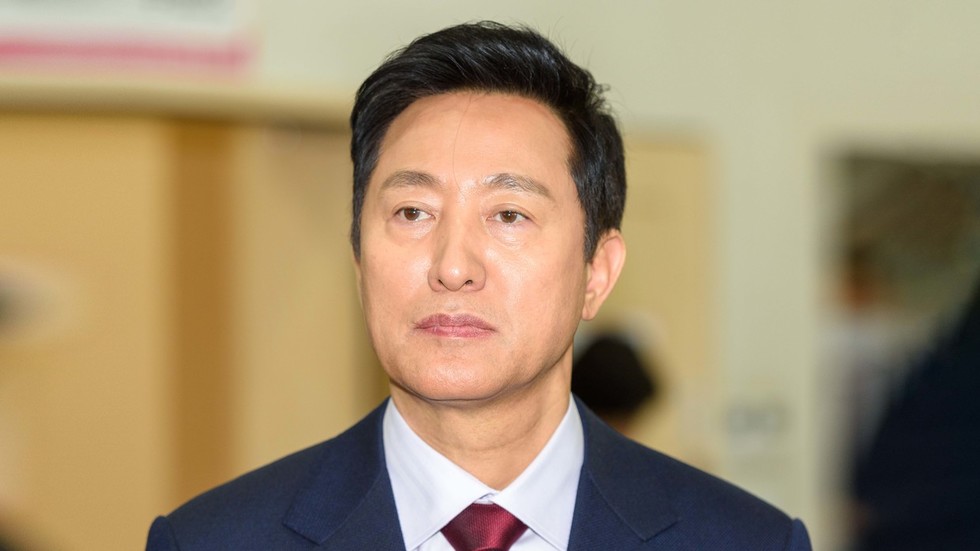IRBIL, Iraq -- Residents of Iraq’s semi-autonomous northern Kurdish region went to the polls in long-awaited parliamentary elections Sunday under the shadow of ongoing rivalries, economic instability, and unresolved disputes with Baghdad.
The primary competitors are the two dominant Kurdish parties: the Kurdistan Democratic Party and the Patriotic Union of Kurdistan. Historically, these two parties have controlled different parts of the region, with the KDP overseeing Irbil and Dohuk, and the PUK governing Sulaymaniyah.
This division has frequently led to political deadlock. The parliamentary elections, originally set for 2022, were postponed several times amid disputes over the election law and procedures.
Ministry of Interior personnel and peshmerga forces — the regional military — voted in special elections Friday, with the general public voting Sunday.
In Friday’s special election, the KDP secured a significant lead, capturing 60% of the votes, while the PUK got around 30%. The New Generation Movement, an opposition party that has seen a gradual rise in support, garnered 5.3% of the total, up from 3% in the 2018 special election. In that special election, the KDP garnered 40% of the vote and the PUK 28.5%.
While New Generation’s appeal continues to grow, particularly among younger voters frustrated with the traditional political system, it still faces significant challenges in competing with the well-established dominance of the KDP and PUK.
The region’s economic struggles are voters’ primary concern. Despite its oil wealth, the Kurdish region faces significant economic issues, including delayed payment of salaries to civil servants, fluctuating oil prices, and budget cuts from Baghdad. The public is deeply dissatisfied with the economy and lack of opportunities, and many blame political leaders for mismanagement.
“People want to have electricity and get paid their salary on time, and to have more jobs. This is all they want," said Ghazi Najib, who went to the polls in Irbil.
Corruption is also among the central issues in the election. For years, the regional government has faced allegations of nepotism and lack of transparency. Many voters, particularly in the younger generation, are calling for reforms to address these concerns.
Many voters, however, have lost hope for reforms and are also skeptical of opposition parties’ ability to make changes, given the long-standing hold the two major parties have over the political landscape.
Political cooperation with the central government is another key electoral issue. Relations between Irbil and Baghdad have remained tense since a 2017 referendum over independence for the Kurdish region, particularly over issues of oil revenue sharing and budget allocations.
Iraq Prime Minister Mohammed al-Sudani in a recent visit to Irbil said, “We are committed to ensuring the rights of the Kurdish people, but this must be done within Iraq’s constitution.”
In certain areas, the current elections are significantly influenced by security concerns since Islamic State sleeper cells are still active in areas that are disputed between the regional and central governments.
“We hope that Kurdistan will be more developed, and to see more safety and reconstruction in Kurdistan,” said Jamila Mohammed Amin, a voter in Irbil, using the region's local name. “All political parties and entities should work together and achieve these goals and protect it against enemies.”
___
Associated Press journalist Salar Salim in Irbil contributed to this report.

 By ABC (World News) | Created at 2024-10-20 08:23:51 | Updated at 2024-10-20 13:12:18
4 hours ago
By ABC (World News) | Created at 2024-10-20 08:23:51 | Updated at 2024-10-20 13:12:18
4 hours ago



